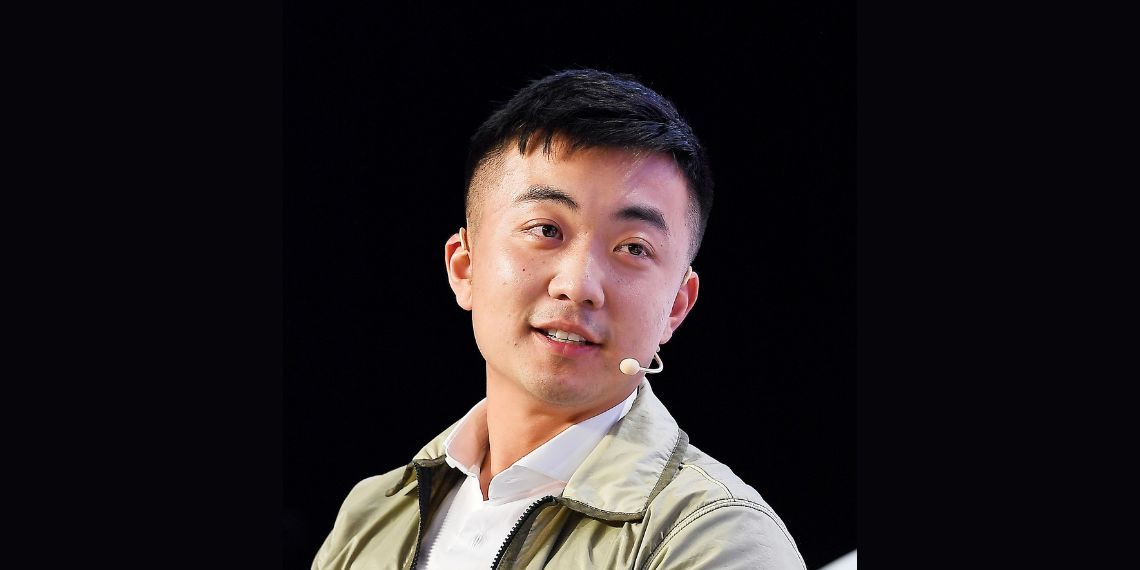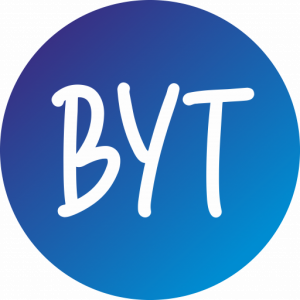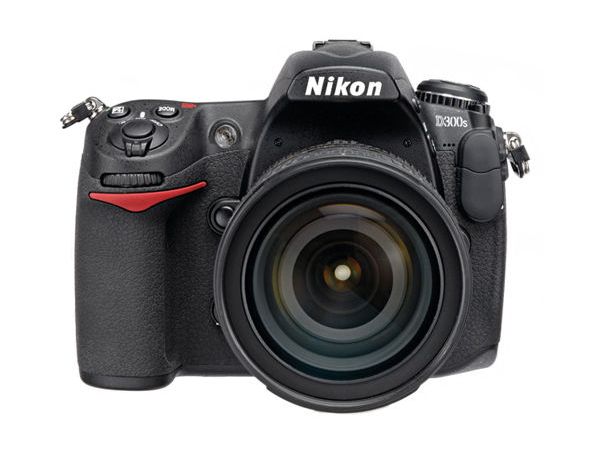In a bold vision for Nothing’s future, CEO and co-founder Carl Pei has hinted at the potential creation of a proprietary mobile operating system. During a recent event, Pei outlined his views on the overwhelming dominance of Google and Apple, suggesting that recent advancements in artificial intelligence (AI) might empower companies like Nothing to disrupt the established ecosystem of mobile operating systems. This possible development could mark a significant shift for Nothing, which currently relies on Google’s Android OS for its smartphones.
Key Points
Operating System Exploration: Carl Pei hints at a new operating system for Nothing.
AI-Powered Customization: Pei believes AI can simplify OS development.
The dominance of Android and iOS: The current mobile landscape remains dominated by Google and Apple.
Challenges and Benefits: Nothing considers software a high-margin opportunity compared to hardware.
Next Steps for Nothing: A new OS would require app developer support and an app marketplace.
Exploring an Operating System for Nothing
At the 2024 TechCrunch Disrupt conference, Carl Pei emphasized the essential role of mobile operating systems in today’s digital world. With the majority of global smartphones running on either Android or iOS, Pei highlighted the potential for a fresh entrant. “We’re exploring how we can move differently and potentially create something unique of our own,” he noted, alluding to the possibility of a Nothing OS.
According to Pei, the dominance of Apple and Google limits customization and innovation, presenting an opportunity for a new player to introduce more flexibility for users and developers alike. By creating its own system, Nothing could enhance its control over device performance, software integration, and potentially even user experience design.
AI as a Game-Changer in OS Development
Pei expressed optimism about AI’s transformative role in software development, including the creation of operating systems. With recent advancements, he argues that AI could enable a level of customization that current platforms lack. Not only could this streamline the development process, but it might also allow for more adaptable and user-focused software, aligned with Nothing’s design-forward approach.
Pei also emphasized that while AI has simplified aspects of OS development, it could provide a unique competitive advantage by allowing Nothing to personalize user interactions to a degree that Apple and Google, with their large-scale operations, may find challenging.
The Business Case for a New OS
Transitioning from a hardware focus to a software-oriented revenue model could be beneficial for Nothing. Hardware ventures are notoriously capital-intensive and carry lower margins. Software, on the other hand, offers high margins, recurring revenue opportunities, and a generally more stable financial model. Pei highlighted that while hardware often grapples with supply chain complexities, software-based revenue models can provide financial consistency.
In Pei’s view, moving towards software could also reduce Nothing’s dependency on hardware sales alone. He acknowledged, however, that such a shift must still align with customer needs rather than merely serving as a revenue strategy.
Challenges of Competing with Android and iOS
Creating a viable mobile operating system is no small feat. Currently, most smartphone users are entrenched in ecosystems dominated by Apple and Google, both of which offer comprehensive app stores, developer support, and years of refinements. Even companies with significant resources, such as Microsoft, have struggled in this space.
Pei is aware of the daunting task that lies ahead. To succeed, Nothing would not only need to develop a compelling OS but also establish an app marketplace that could attract developers and provide consumers with essential applications. This requires a strategic long-term plan, including possible partnerships and substantial investment.
Potential Competitors and Market Dynamics
The mobile OS space, long monopolized by Android and iOS, has seen few successful challengers. Notably, Huawei’s HarmonyOS, developed to replace Android on its devices, is one of the few recent attempts. However, even with Huawei’s extensive resources, HarmonyOS has yet to gain a significant global foothold. Pei acknowledged that Nothing would need to create a unique value proposition to stand out and attract both developers and users to its potential platform.
Future Prospects for Nothing’s OS Vision
For now, Pei remains focused on understanding the complexities of such an undertaking. He declined to comment on whether the company would seek additional funding to develop the OS, indicating that the project is still in exploratory stages. However, his remarks suggest that Nothing is serious about evaluating the feasibility of creating a mobile OS, especially with the potential of AI-powered customizations.
If successful, Nothing could redefine its place in the smartphone industry, not only as a hardware innovator but as a full-stack tech ecosystem. This move would also enable the brand to differentiate its offerings significantly, giving it a competitive edge in an industry often criticized for lack of diversity.
Conclusion
Carl Pei’s vision for a Nothing operating system underscores the brand’s ambitions to challenge the status quo in the mobile world. While the dominance of Apple and Google remains strong, the rapid advancement of AI could potentially empower Nothing to establish its own ecosystem, offering enhanced user customization and experiences. Pei’s comments reflect a desire to create long-term value while potentially diversifying Nothing’s revenue sources. For now, the idea remains an aspiration, but Pei’s track record of innovation suggests that Nothing may yet surprise the market with an OS of its own.
Nothing’s next steps will be closely watched as it explores the challenges and opportunities of building a proprietary OS. If it does proceed, the industry may witness the birth of a new competitor in the mobile software arena, challenging the longstanding duopoly and possibly opening up new options for consumers worldwide.
Follow Before You Take on Facebook | Twitter | WhatsApp Channel | Instagram | Telegram | Threads | LinkedIn, For the Latest Technology News & Updates | Latest Electric Vehicles News | Electronics News | Mobiles News | Software Updates










































































































































